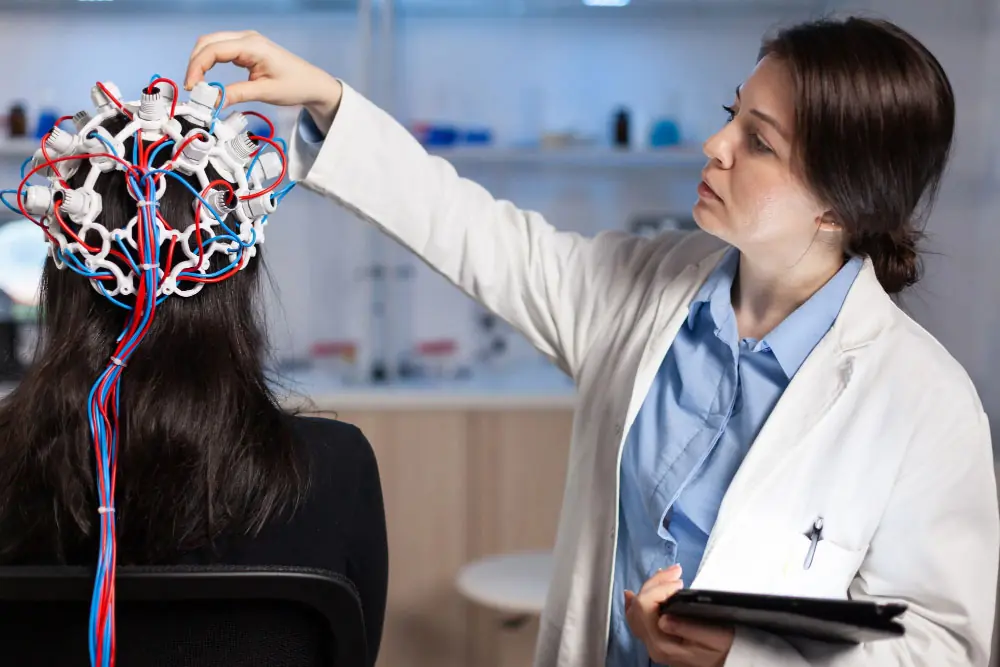
In Luton, cognitive behavioral therapy (CBT) is witnessing transformative changes, offering new hope and strategies for individuals grappling with various psychological challenges. This blog post delves into the latest updates in CBT therapy in Luton, highlighting how these advancements are reshaping the therapeutic journey for many.
Innovative Approaches in CBT for Anxiety and ADHD
Recent developments in CBT therapy for anxiety in Luton have focused on personalized treatment plans that cater to the unique needs of each individual. This tailored approach ensures that clients receive the most effective strategies to manage and overcome their anxiety.
Similarly, CBT therapy for ADHD in Luton and nearby Radlett has seen significant progress. Therapists are now incorporating cutting-edge techniques that not only help in managing ADHD symptoms but also in improving overall quality of life. This includes specialized interventions for both children and adults, reflecting a comprehensive approach to ADHD therapy.
The application of cognitive therapy for autism in Luton represents a major leap forward. By focusing on enhancing communication and social skills, therapists are able to significantly improve the day-to-day experiences of individuals on the autism spectrum.
Furthermore, the role of challenging behaviour therapists in Radlett has become increasingly important. These professionals are dedicated to understanding and addressing complex behaviours, thereby fostering a more supportive and understanding environment for affected individuals and their families.
The benefits of CBT are not confined to Luton alone. Surrounding areas such as Harpenden, Radlett, and St Albans are also witnessing advancements in CBT therapy. From treating anxiety and depression to addressing specific needs like ADHD therapy in Radlett, the reach of CBT is expanding, bringing hope and healing to more communities.
The latest updates in CBT therapy in Luton and its neighbouring areas reflect a growing understanding and appreciation of the complexities of mental health. As therapists continue to explore and implement innovative approaches, the future of CBT looks promising. For those seeking support, the expanding landscape of cognitive behavioral therapy offers a path towards healing and growth.